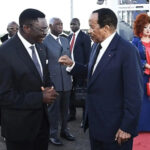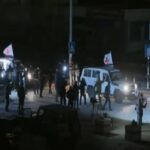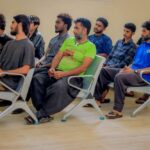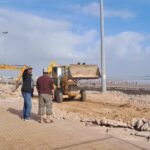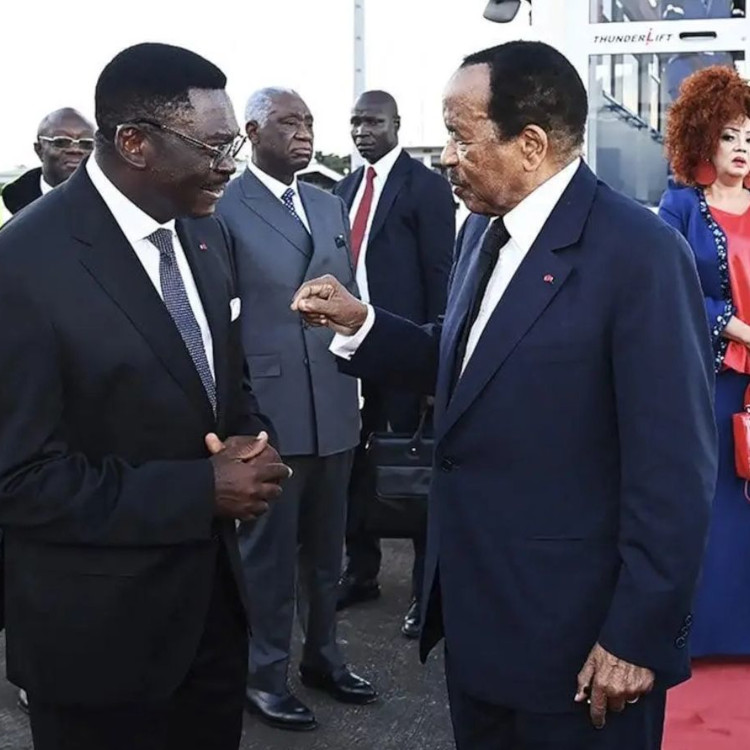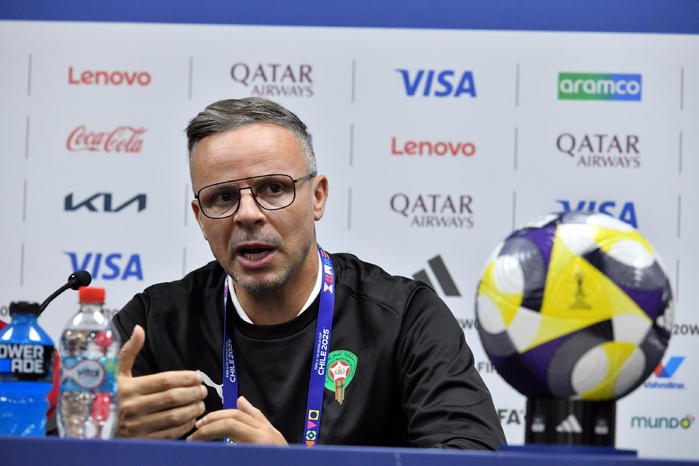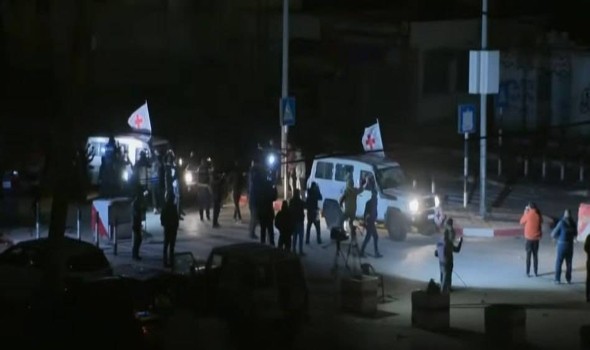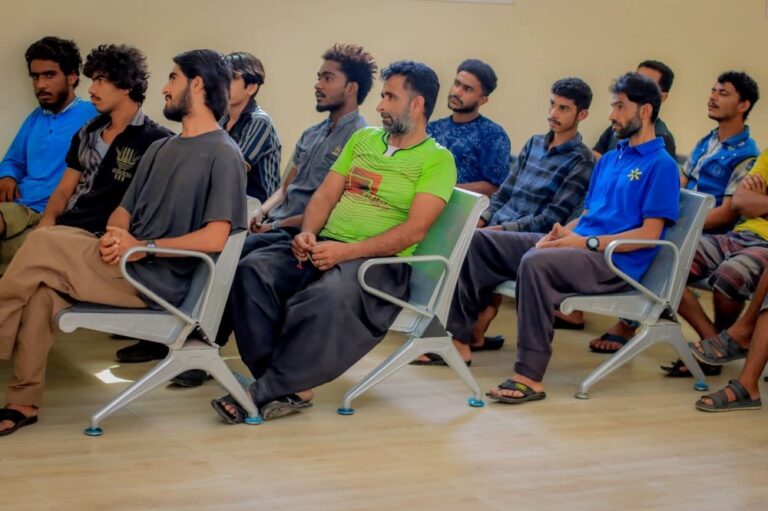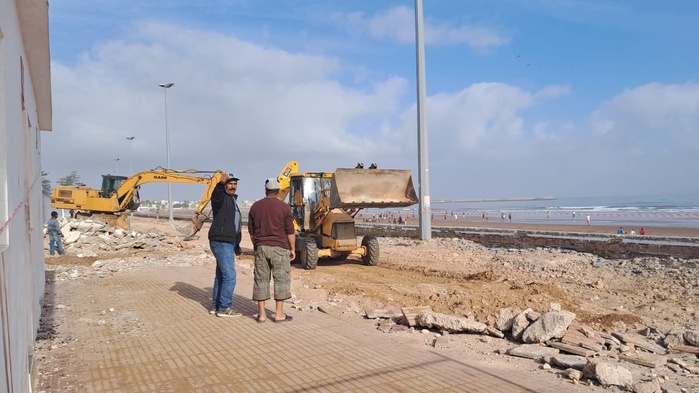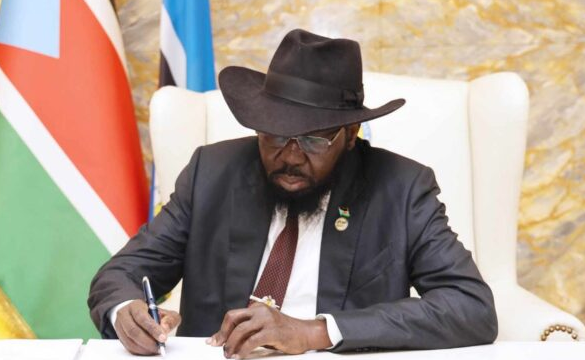
President Salva Kiir – File Photo courtesy of Office of the President
President Salva Kiir Mayardit has reconstituted a high-level committee tasked with overseeing dialogue and expediting efforts toward resolving the final status of Abyei.
The committee’s core mandate is to engage with the Government of Sudan and report directly to the President on the progress made in addressing the longstanding issue surrounding Abyei’s status.
The reconstituted committee comprises the following members:
-
Dr. Benjamin Bol Mel – Chairperson
-
Pieng Deng Majok – Deputy Chairperson
-
Minister of Presidential Affairs – Rapporteur
-
Martin Otimoya – Rapporteur
-
Minister of Foreign Affairs and International Cooperation – Member
-
Minister of Defense and Veteran Affairs – Member
-
Member of Parliament representing Abyei – Member
-
Director General of Internal Security Bureau, National Security Service – Member
-
Chairperson, Abyei Oversight Committee – Member
-
Hon. Dier Tong Ngor, representing Civil Society – Member
-
Tor Deng Mawien – Member
-
Deng Deng Akuei – Member
-
Deng Biong Mijak – Member
The committee is expected to strengthen diplomatic dialogue and accelerate the resolution process for Abyei’s final status between the Republic of South Sudan and the Republic of Sudan.
In early November 2024, the UK Deputy Permanent Representative to the UN said his country remained concerned by the lack of progress towards the resolution of Abyei’s political status and urged the South Sudan and Sudan governments to re-engage in dialogue.
Diplomat James Kariuki made the remarks at the UN Security Council meeting in New York on Tuesday.
While citing Ms. Pobee, UNISFA’s Assistant Secretary-General Mr Kariuki, underscored that despite ongoing tensions, the report stated that there have been no inter-communal clashes since April.
“We remain concerned by the lack of progress on a political solution for Abyei. Sudan and South Sudan must re-engage in dialogue towards the resolution of Abyei’s political status”, said Kariuki in a statment.
He emphasized the importance of UNISFA’s work in maintaining peace in a fragile region to ensure this positive trend continues.
Meanwhile, he stressed the need for the Government of South Sudan and the Sudanese authorities to remove obstacles to UNISFA’s operations.
On 24th January, former Justice Minister Ruben Arol attended a consultative meeting with President Kiir and First Vice President Machar to address the critical constitutional matter concerning the country’s stand on Abyei.
Mr. Arol underlined that the discussion with the Principals aligns with the recent governors’ forum resolution, which mandated that the Abyei legislature and executive committee to present the issue to the national government for consideration.
The justice minister emphasized that the resolution of Abyei’s status is pivotal and that the Council of Ministers’ deliberations would significantly influence the government’s direction on the matter.
– Abyei status –
The Abyei region – rich in natural resources including oil – remains a point of contention between South Sudan and Sudan since the 2005 Comprehensive Peace Agreement, which granted South Sudan independence.
It is the traditional homeland of the Ngok Dinka, but nomadic Misseriya herders from the north seasonally cross to the region with their cattle in search of water and pasture in the dry season and to trade goods.
In 1972, at the end of Sudan’s first civil war, the Addis Ababa Agreement promised residents of Abyei the right to hold a referendum to determine whether they would remain a part of northern Sudan or join the newly formed southern region.
However, in 1983, Sudan descended into another civil war after President Jaafar Nimeiri refused to implement the agreement and allow Abyei to hold its referendum.
The war ended after signing the Comprehensive Peace Agreement (CPA) in 2005, which included the Abyei Protocol stipulating that the region would remain under special administrative status.
The region was said to hold a status referendum to allow its residents to determine whether Abyei would become part of Sudan or South Sudan.
Following several delays, the Ngok Dinka held the referendum in October 2013 in which they overwhelmingly voted for Abyei to be part of South Sudan, but the result was not recognized by either Sudan or South Sudan.
The referendum was deemed non-binding because there was an impasse on who constitutes a “resident of Abyei” as Sudan insisted that the Messiria tribe, who have historically stayed in the region every year for six months, be allowed to vote.
In November 2024, the administrative government of the region called on the South Sudan government to endorse the outcome of the October 2013 referendum.
But the 8th Governors Forum declined to publicly read out recommendations on the disputed region’s final status, including the call to recognize the referendum results.
On December 23, 2024, the Executive Council of the Abyei Administrative Area then went ahead and unanimously endorsed the results of the referendum officially presented by the high commission of the Abyei Community.
On January 3, First Vice President Machar received the official report of the 2013 referendum on the disputed region’s final status and endorsed it afterwards. The Governance Cluster chaired by Machar then recommended engagement with regional and international organizations to recognize the aspiration of the people of Abyei to be part of South Sudan.
Besides adoption of the Abyei referendum results, the body endorsed operationalization of the Commission for Truth, Reconciliation, and Healing Act, 2024, and the Compensation and Reparation Authority Act, 2024.
The acts are designed to address the legacy of past conflicts and promote peace, national reconciliation, and identify aggrieved persons eligible for reparations and after establishing the necessary funding mechanisms.
The 2018 peace agreement mandates the African Union Commission and the government to set up Hybrid Court to investigate and prosecute individuals suspected of committing crimes since the conflict began in December 2013.
However, since the formation of the unity government, little has been mentioned in regards to Chapter 5 of the peace pact that stipulates the establishment of the tribunal. At present, there is no other justice avenue available for South Sudanese victims of the conflict, apart from the pending Hybrid Court.


